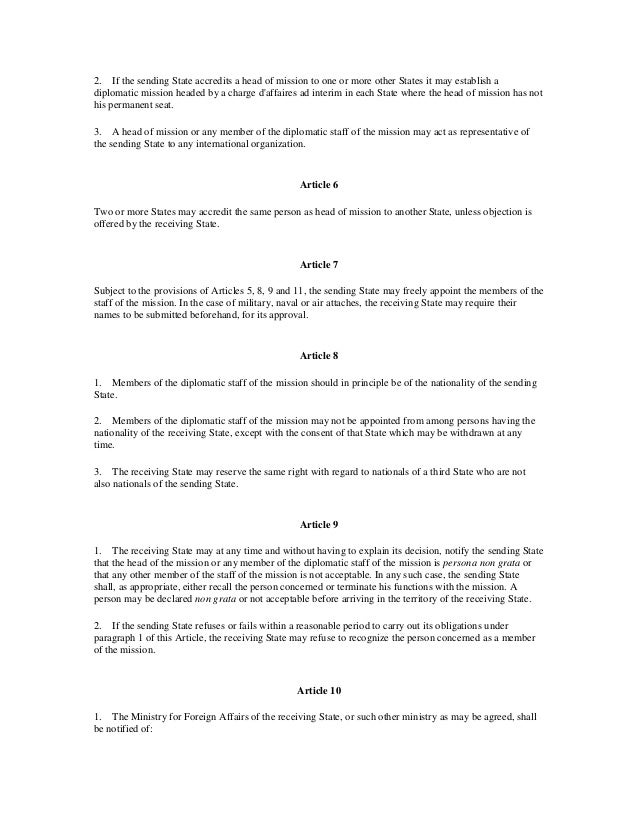

Despite a de facto ban on Burmese junta representatives at Association of Southeast Asian Nations (ASEAN) meetings, Thailand has invited Myanmar to attend multiple ASEAN-related meetings hosted in Bangkok, including one in December that was boycotted by four maritime Southeast Asian countries, and the ASEAN Defense Ministers’ Meeting-Plus working group on maritime security in February. Prayuth has been frustratingly complicit in the Burmese junta’s atrocities by continuing to maintain diplomatic ties with the junta-led government, due to the historic brotherly relationship between the two countries’ militaries.

If PPRP or UTN leads the ruling coalition, Thailand’s position toward the ongoing political and humanitarian crisis in Myanmar is unlikely to change. Under Prayuth, foreign policy has not been the government’s priority, but this article aims to examine how Thailand’s stance toward major global and regional issues may change depending on which party comes to power in May. Like in many other countries, Thai elections are usually won on domestic issues, and this has been reflected in parties’ campaign platforms, many of which have promised to raise the minimum wage, increase social welfare, and improve infrastructure conditions. Other parties that are unlikely to win a majority but will play a key role in forming the ruling coalition are the Bhumjaithai Party, led by Health Minister Anutin Charnvirakul, and the Democrat Party, led by Commerce Minister Jurin Laksanawisit. The nascent Move Forward Party (MFP), led by Pita Limjaroenrat, is likely to join a coalition government led by Pheu Thai and has made clear it will not form a government with PPRP or UTN. Paetongtarn Shinawatra, daughter of former prime minister Thaksin, is one of the party’s three prime ministerial candidates. Pheu Thai has set its sights on a landslide victory, aiming to win up to 310 seats out of 500 in the House of Representatives 376 votes are needed to elect a prime minister. However, the split between Prayuth and Prawit and the presence of other conservative PM candidates could divide the Senate vote this time around. All members of the Senate are appointed by the military, which usually gives pro-military parties more leverage in forming a ruling coalition. In January, Prayuth joined the newly formed United Thai Nation (UTN, or Ruam Thai Sang Chart in Thai) Party to run for reelection, pitting him against ally and Palang Pracharath Party (PPRP) leader, Deputy Prime Minister Prawit Wongsuwan. Despite Bangkok’s successful hosting of APEC last year, Prime Minister Prayuth Chan-ocha has also been much less active abroad than his regional counterparts.Īlthough Parliament was formally dissolved on March 20, political maneuvering and campaigning has been ongoing for the past few months. The economy contracted in the last quarter of 2022 and GDP is expected to grow by a modest 3.8 percent this year, far behind Vietnam, Indonesia, and the Philippines. Although coups are regarded as “business as usual” in Thailand-there have been 19 coups since 1932-and usually do not significantly impact the business environment, almost a decade of quasi-military rule has slowed the country’s growth momentum and diminished its regional status. The country has been under military rule since 2014 when a coup deposed the democratically elected government led by the current opposition Pheu Thai party.

Thailand is set to hold general elections on May 14, its first since 2019.


 0 kommentar(er)
0 kommentar(er)
